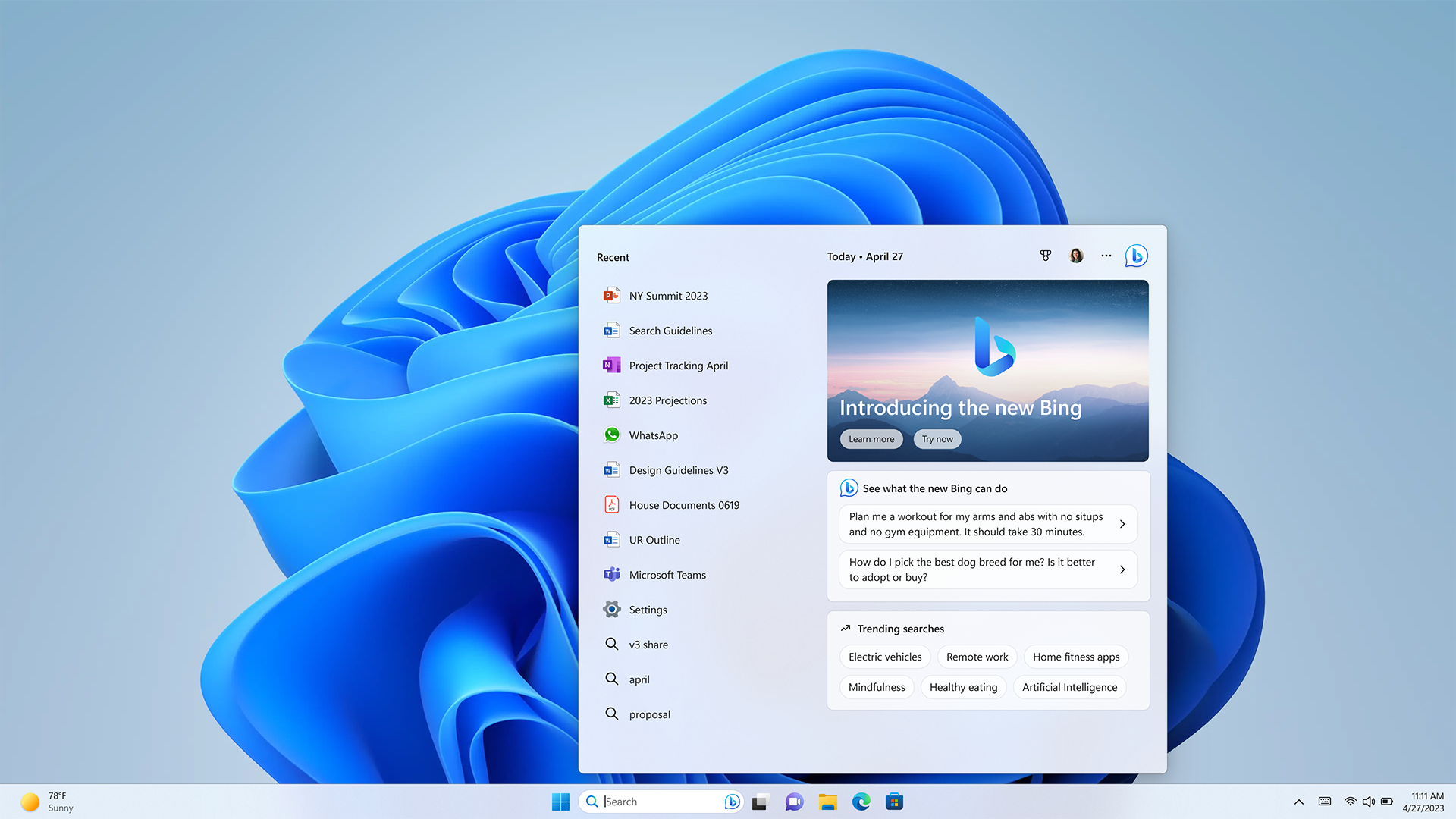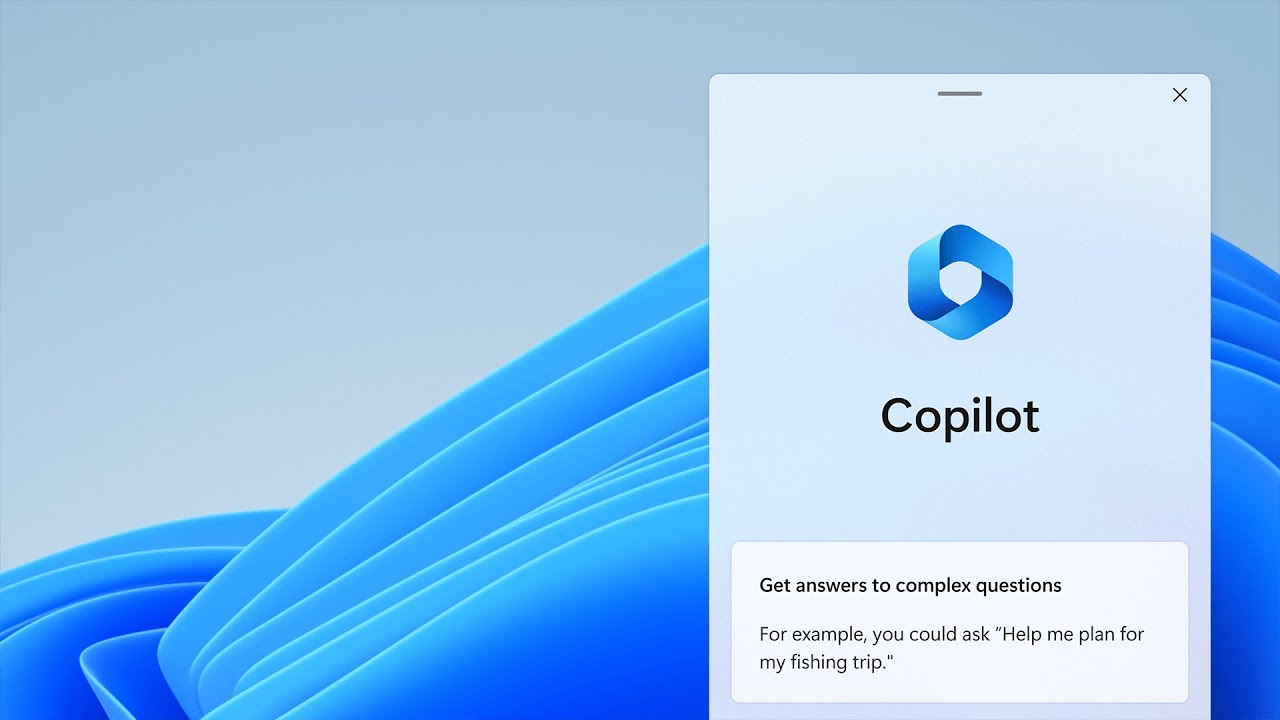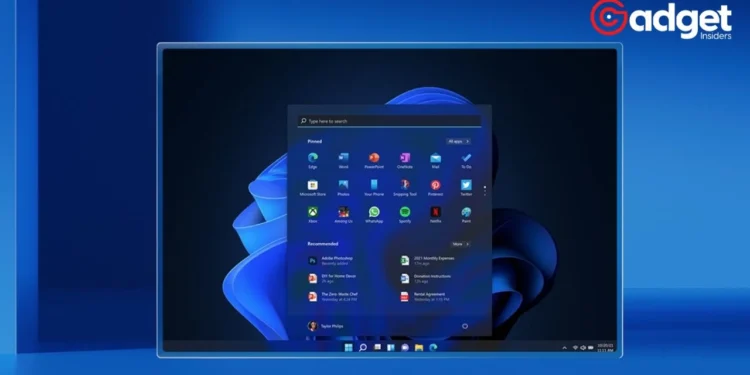Microsoft’s latest iteration of its operating system, Windows 11 version 24H2, marks a pivotal shift in the technological landscape. Based on the innovative Germanium platform, this update is not just another incremental upgrade; it represents a significant leap forward, particularly in the realm of artificial intelligence (AI).
With an advanced copilot feature and AI-powered enhancements like voice clarity and super-resolution, Microsoft is setting a new standard for what users can expect from their computing experience.

Despite the substantial advancements and the shift towards a more AI-centric framework, Microsoft’s decision to continue with the Windows 11 branding might seem like a missed opportunity to some. The anticipation of a major release, potentially dubbed Windows 12, had been building, especially with the underpinnings of a new platform release codenamed Germanium.
This move could have signified a fresh start and a bold step into the future of AI in computing, offering a chance to reignite interest in the PC space and present a formidable challenge to competitors like Apple.
Windows 11 The Power of AI: Transforming User Experience
The emphasis on AI in Windows 11 version 24H2 is unprecedented. Beyond the introduction of an “advanced copilot” that promises to revolutionize how users interact with their PCs, this update brings forward-looking AI-powered features.
These include enhancements in voice clarity, currently under testing, and the introduction of automatic super-resolution technology, akin to a native version of DLSS. Such features underscore Microsoft’s commitment to leveraging AI to enhance user experience significantly.
Windows 11 is getting a huge AI update soon pic.twitter.com/ohdfIPjDCe
— Dexerto (@Dexerto) March 3, 2023
The Significance of Naming: More Than Just a Label
The choice of branding for this significant update has sparked discussion about missed opportunities. By sticking with the Windows 11 name, some argue that Microsoft may have overlooked a chance to capture the public’s imagination and underscore the groundbreaking nature of the update.
A rebranding to Windows 12, or even Windows AI, could have symbolized a new era for the operating system, highlighting its cutting-edge AI capabilities and setting it apart as the premier desktop operating system for AI.
The Future of Computing: Embracing Arm and AI
The anticipation surrounding the next Windows update is not unfounded. With advancements in hardware, particularly the Qualcomm Snapdragon X Elite chipset, and the shift towards better support for Arm-based devices, there’s a palpable sense of excitement about the potential for Windows.
This update is poised to address previous shortcomings and position Windows as a strong contender in the evolving computing landscape, challenging the dominance of Apple’s Arm-based processors and reinvigorating the Windows ecosystem.

A Missed Opportunity or a Strategic Move?
While some may view the continuation of the Windows 11 branding as a missed opportunity for Microsoft to highlight the significance of this update, others argue for the benefits of platform consolidation. The aim to reduce fragmentation and provide a unified experience across devices is commendable.
However, the debate persists on whether a new name could have better captured the essence of this transformation and the strides Microsoft is making in integrating AI into everyday computing.
As Windows 11 version 24H2 rolls out, it brings with it the promise of a new computing paradigm, where AI plays a central role in enhancing productivity, creativity, and the overall user experience. While the naming might suggest continuity, the innovations under the hood signal a significant leap forward.
As we embark on this new chapter, it remains to be seen how Microsoft’s strategic decisions will shape the future of computing and whether Windows can reclaim the spotlight in a market increasingly influenced by AI and cutting-edge technology.










